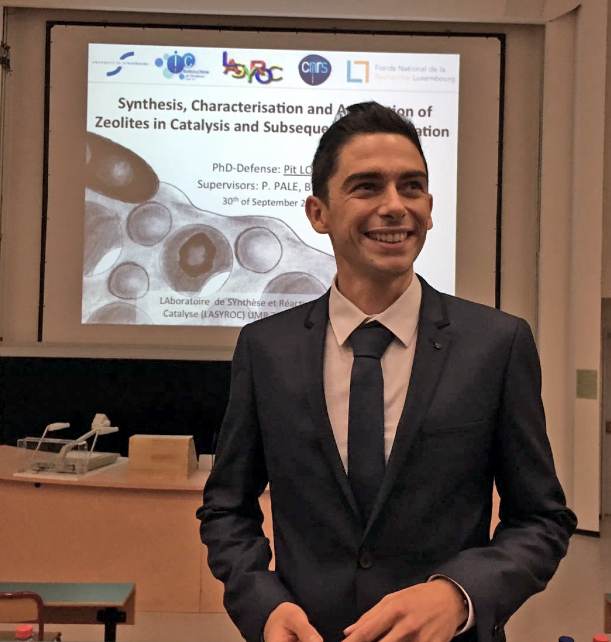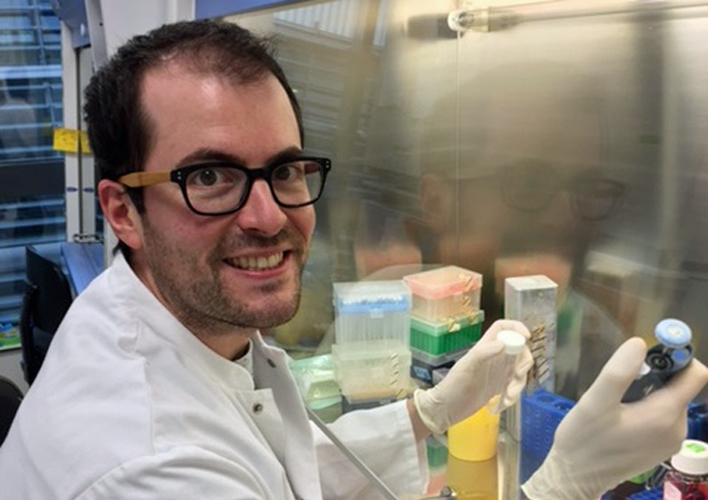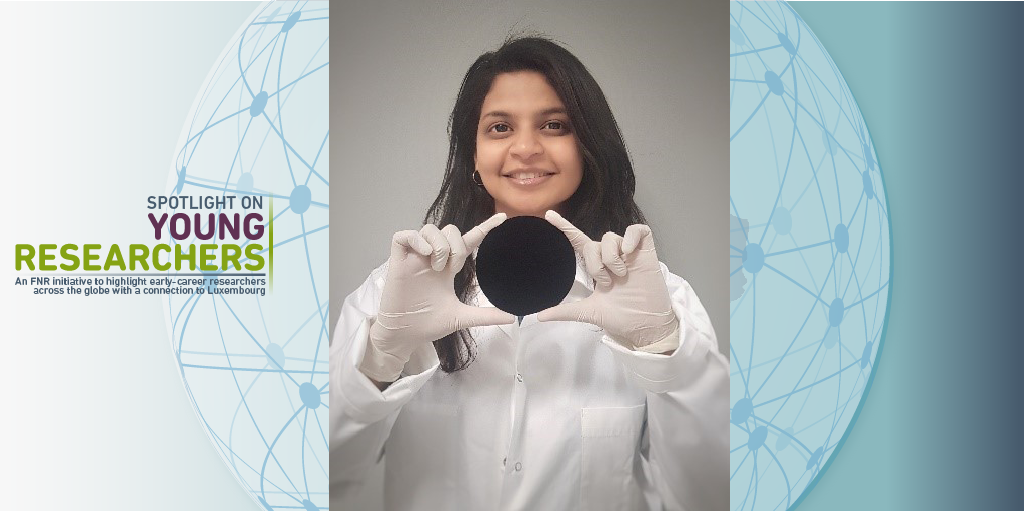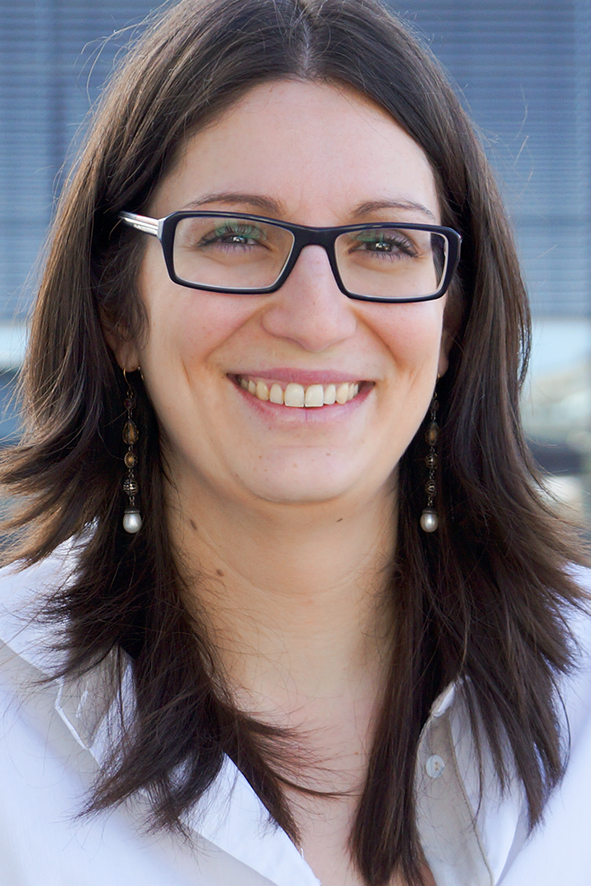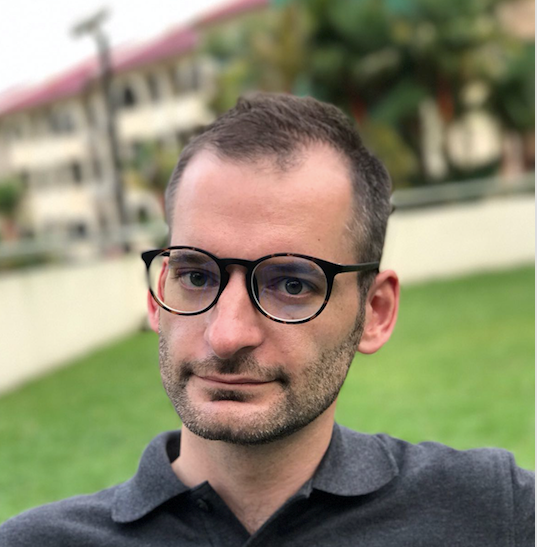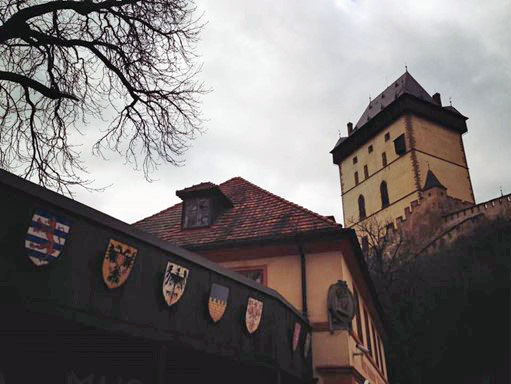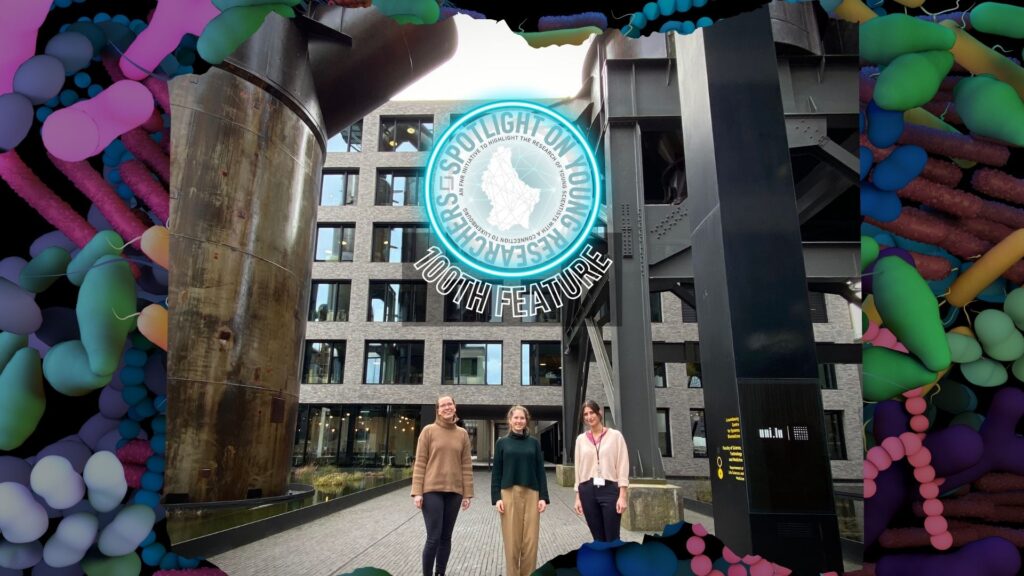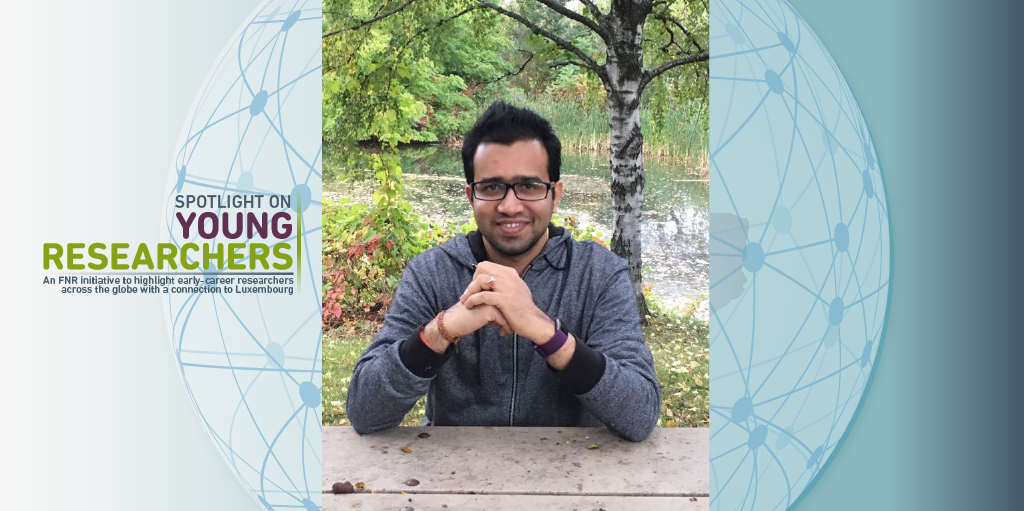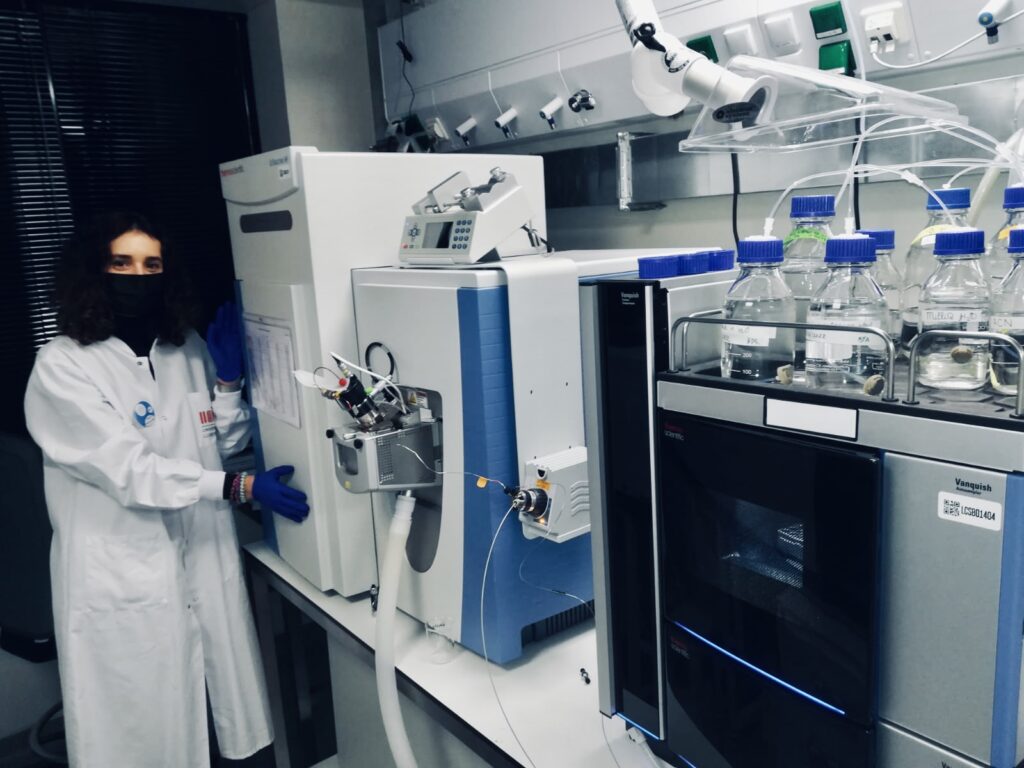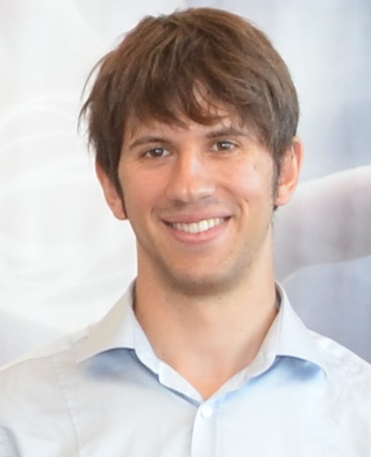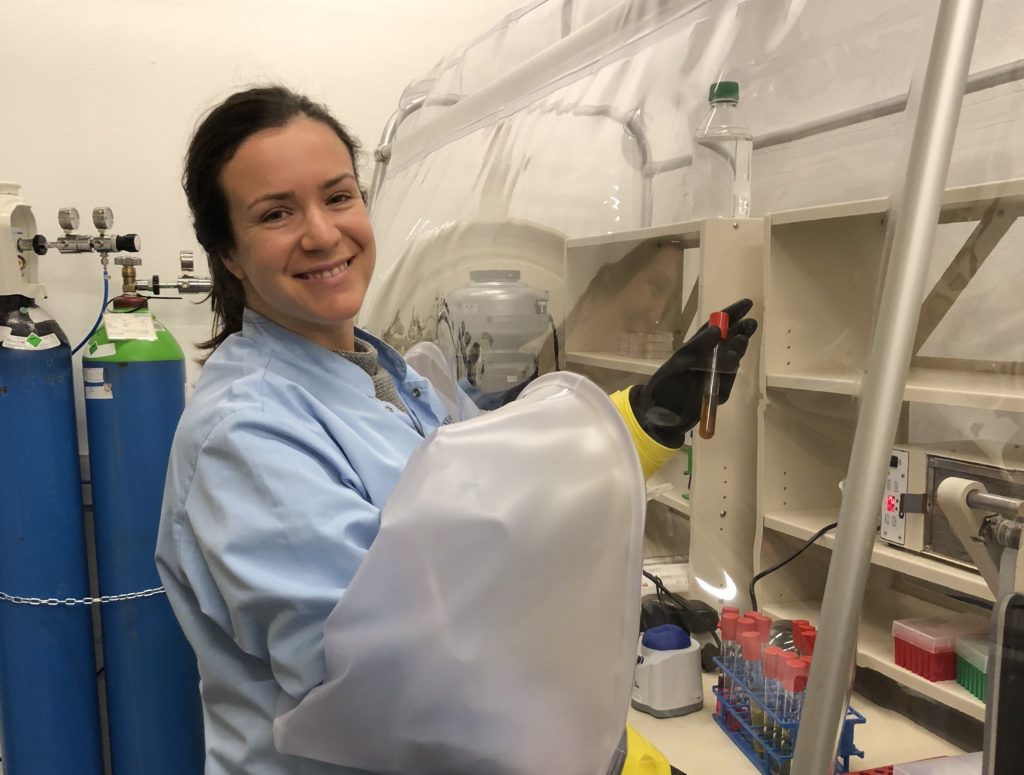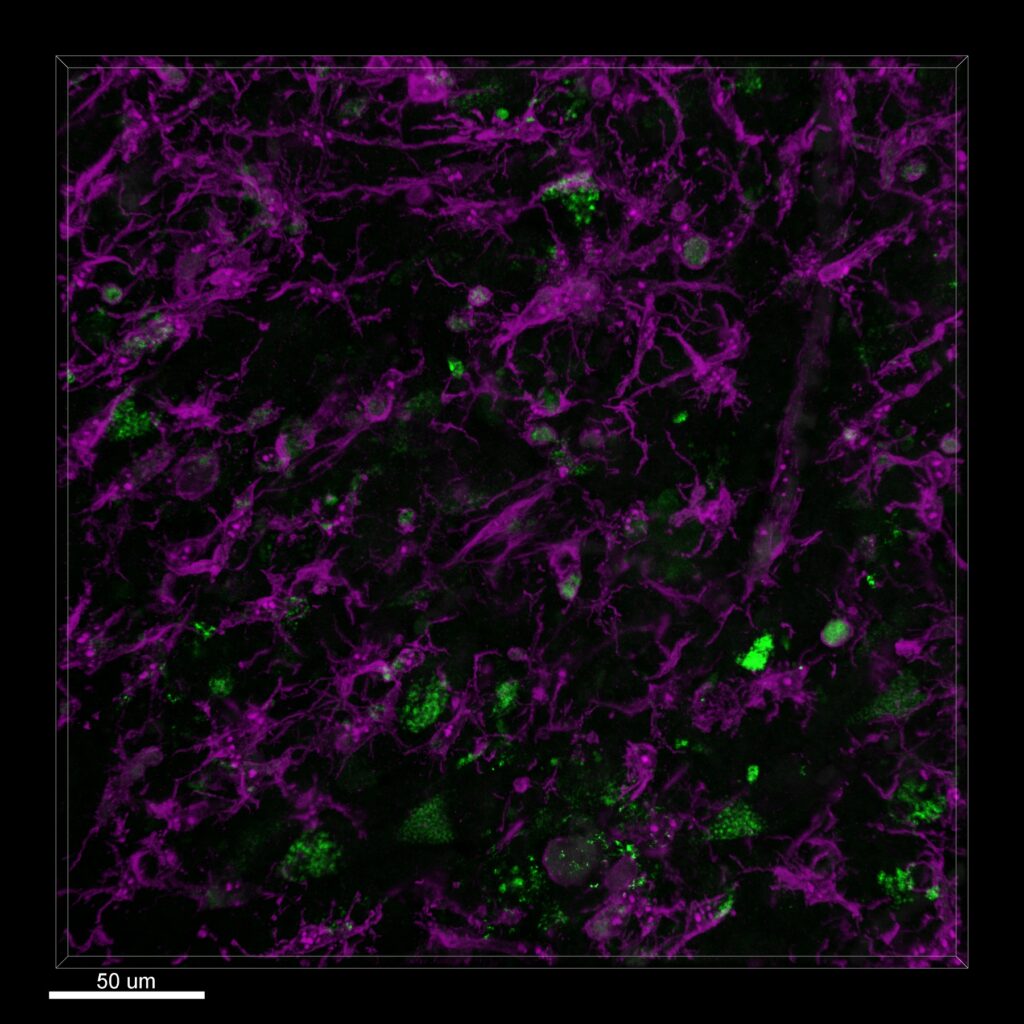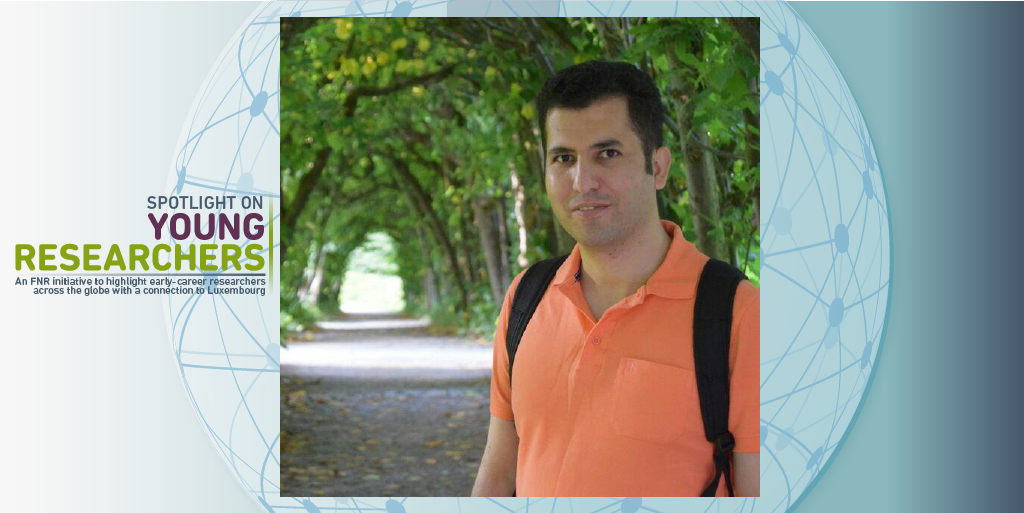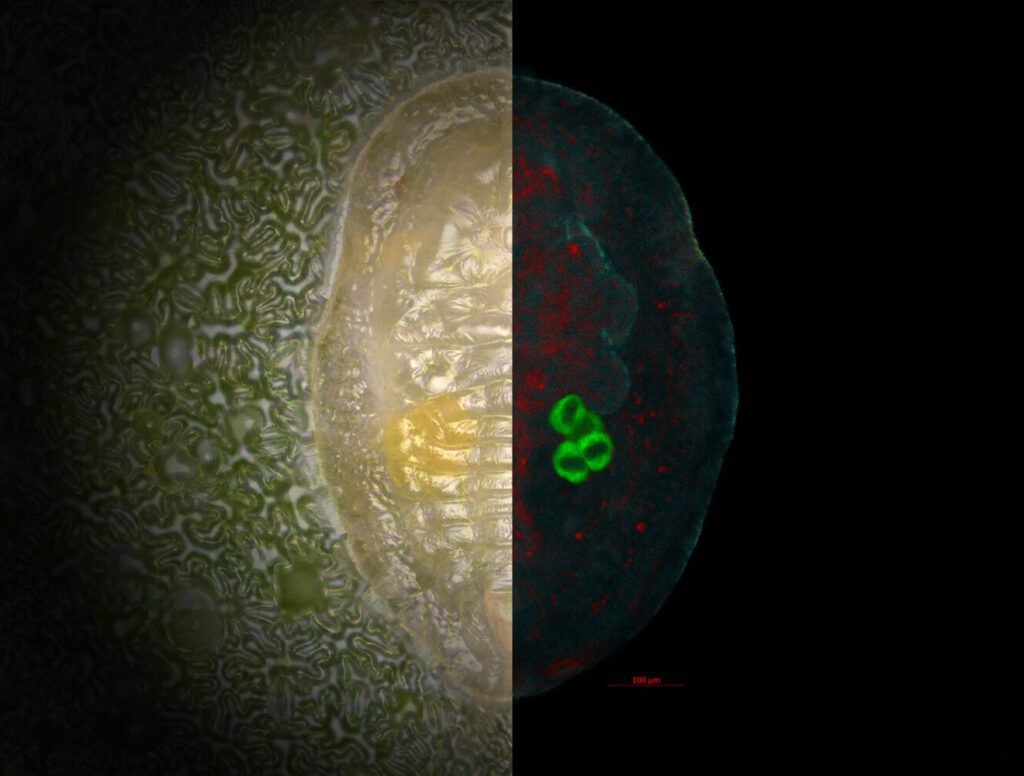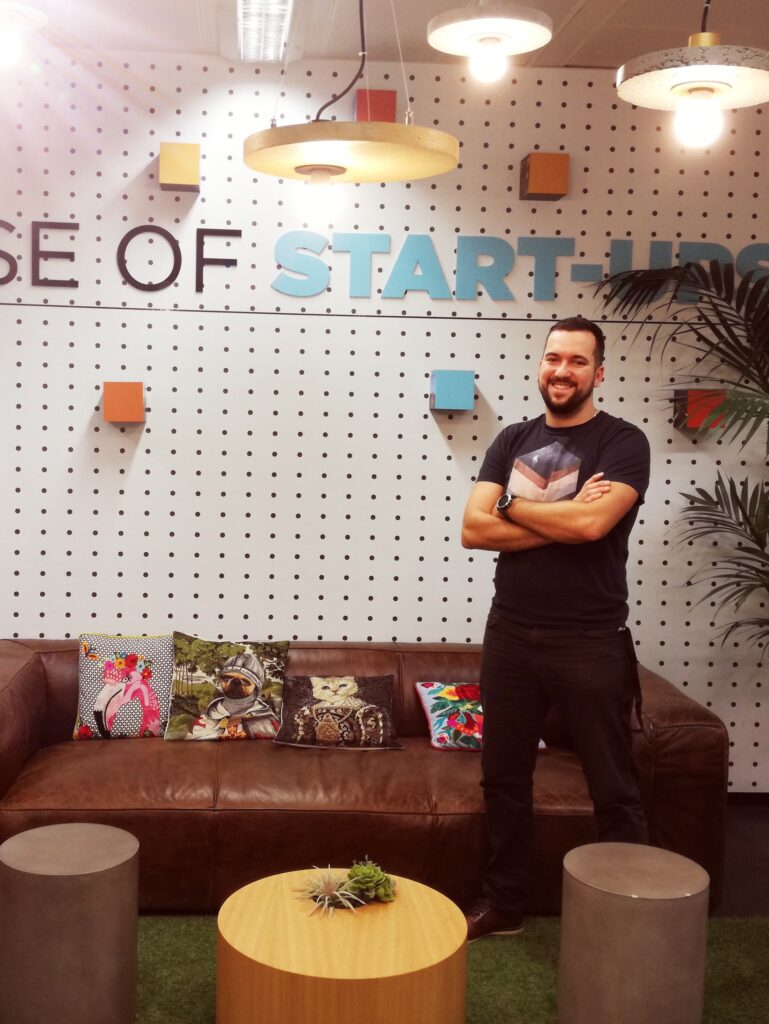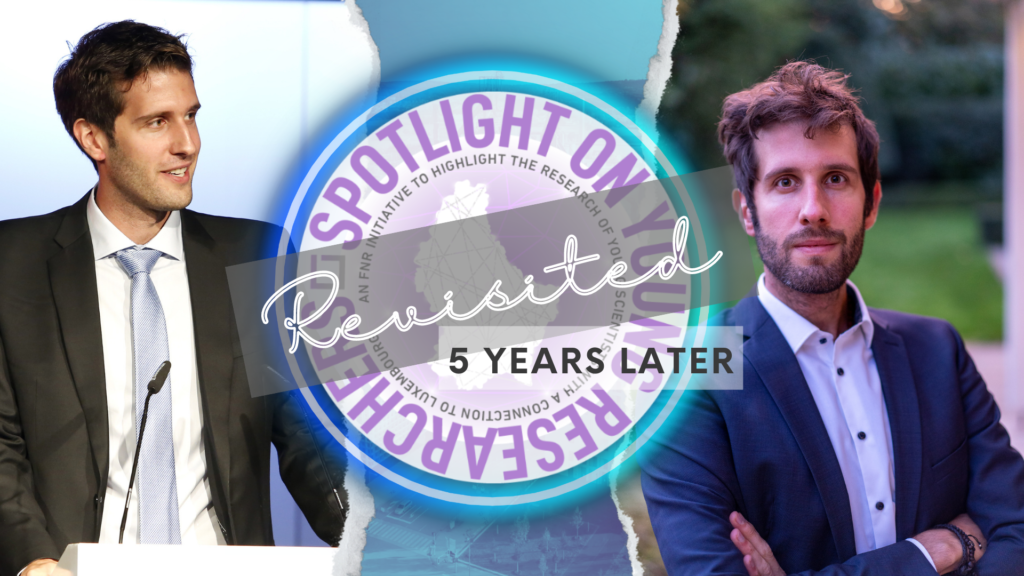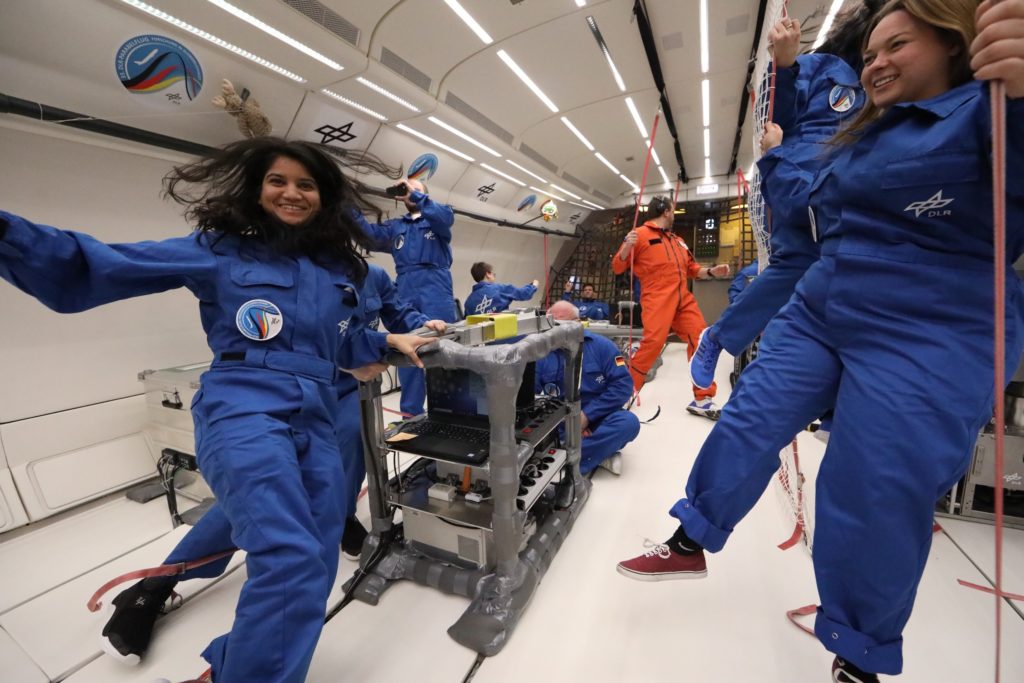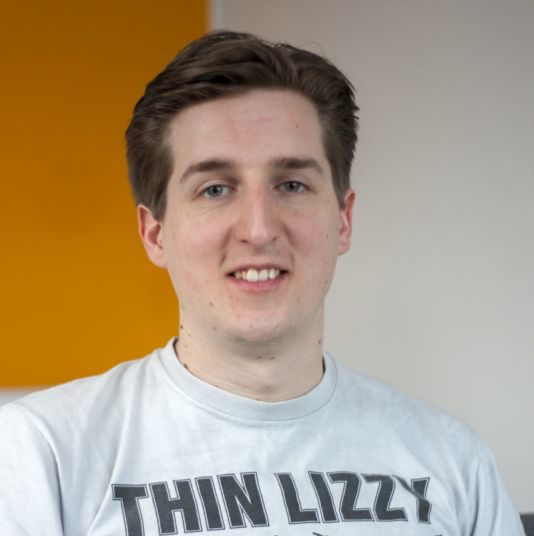Charles de Bourcy decided to become a researcher on human health when he realised the human body is not invincible. After completing his undergraduate studies at University of Oxford, the Luxembourg national secured one of the most prestigious scholarships in the world and embarked on a PhD at Stanford University. Now in the final year of this PhD in Applied Physics, Charles is taking his first steps towards his goal of building technologies to help ease the burden of global disease.
Charles de Bourcy’s job in his PhD has been to try to find aspects of the human immune system that can be engineered to prevent or treat life-threatening diseases.
“My PhD projects focus on how immune cells can go wrong in old age, how they can be affected by immunotherapy for systemic sclerosis, and how we might prevent cancer-fighting cells from falling into a dysfunctional ‘exhausted’ state”, Charles explains.
Charles adds that this involves using the latest advances in genomics technology, combined with high-performance computing and quantitative analytics.
“Early on, a lot of time might be spent preparing blood samples for DNA sequencing, which means pipetting reagents. Later on, I spend most of my time coding to carry out computational analysis. In the afternoons, I often meet with the collaborators to discuss progress or learn about advances from other research groups. In the final phase of a project, I spend my days writing and preparing figures for publication.”
“I was drawn to the profound impact a researcher can have”
Charles explains his passion for research was triggered by the realisation that the human body is not invincible – that there are infectious diseases, cancers, autoimmune diseases and more that still have extremely limited treatment options.
“This feeling of helplessness pushed me to work on problems in human health. I was drawn to the profound impact the work of a researcher can have: a single discovery can change the paradigm for how an entire class of diseases are handled.
“For example, synthetic biology has enabled engineered immune cells against tumors, which have the potential to improve outcomes for a whole range of different cancers.
“Part of the fun is that such breakthroughs often happen in indirect ways — there’s this saying that the light bulb wasn’t invented by someone trying to make a better candle.”
“If more of the technological breakthroughs of the last 50 years can find their way into medicine, a lot more diseases are bound to become tractable”
In terms of what Charles wants to achieve as a scientist, he explains that he wants to help reduce the global disease burden, by building technologies that enable diseases to be treated – or prevented – in the best possible way:
“My first step in this endeavor has been to develop tools that allow previously impenetrable aspects of immunology to be measured quantitatively.
“If more of the technological breakthroughs of the last 50 years can find their way into medicine, a lot more diseases are bound to become tractable – advances in genomics, image processing and machine learning could be used to great effect in medicine, particularly if leveraged at a large scale.
“For example, surveys of immune repertoires and viral evolution across the globe could lead to more efficacious vaccine development and allow epidemics to be managed better, before they develop into catastrophic pandemics.”
Charles left Luxembourg for his undergraduate studies at the University of Oxford in the UK, before moving to Stanford University in California for his PhD. Even though Charles has been away for some years, he has been keeping an eye on the research landscape in Luxembourg for his future scientific plans:
“I have been following the development of Luxembourg’s research infrastructure with excitement. The country is pouring a lot of resources into expanding its research activity, making it a very attractive place to launch ambitious projects.”
Charles is now finishing up his PhD in Applied Physics at Stanford University. Charles’ PhD was funded by the International Fulbright Science & Technology Award and by the Melvin and Joan Lane Stanford Graduate Fellowship.
Meeting Nobel Prize winners
Charles was one of 400 early-career scientists selected to attend 2015 Lindau Nobel Laureate Meeting, with his attendance sponsored by the FNR – read an interview with Charles about the experience.

About Spotlight on Young Researchers
Spotlight on Young Researchers is an FNR initiative to highlight early career researchers across the world who have a connection to Luxembourg. This article is the 17th in a series of around 25 articles, which will be published on a weekly basis. You can see more articles below as and when they are published.



